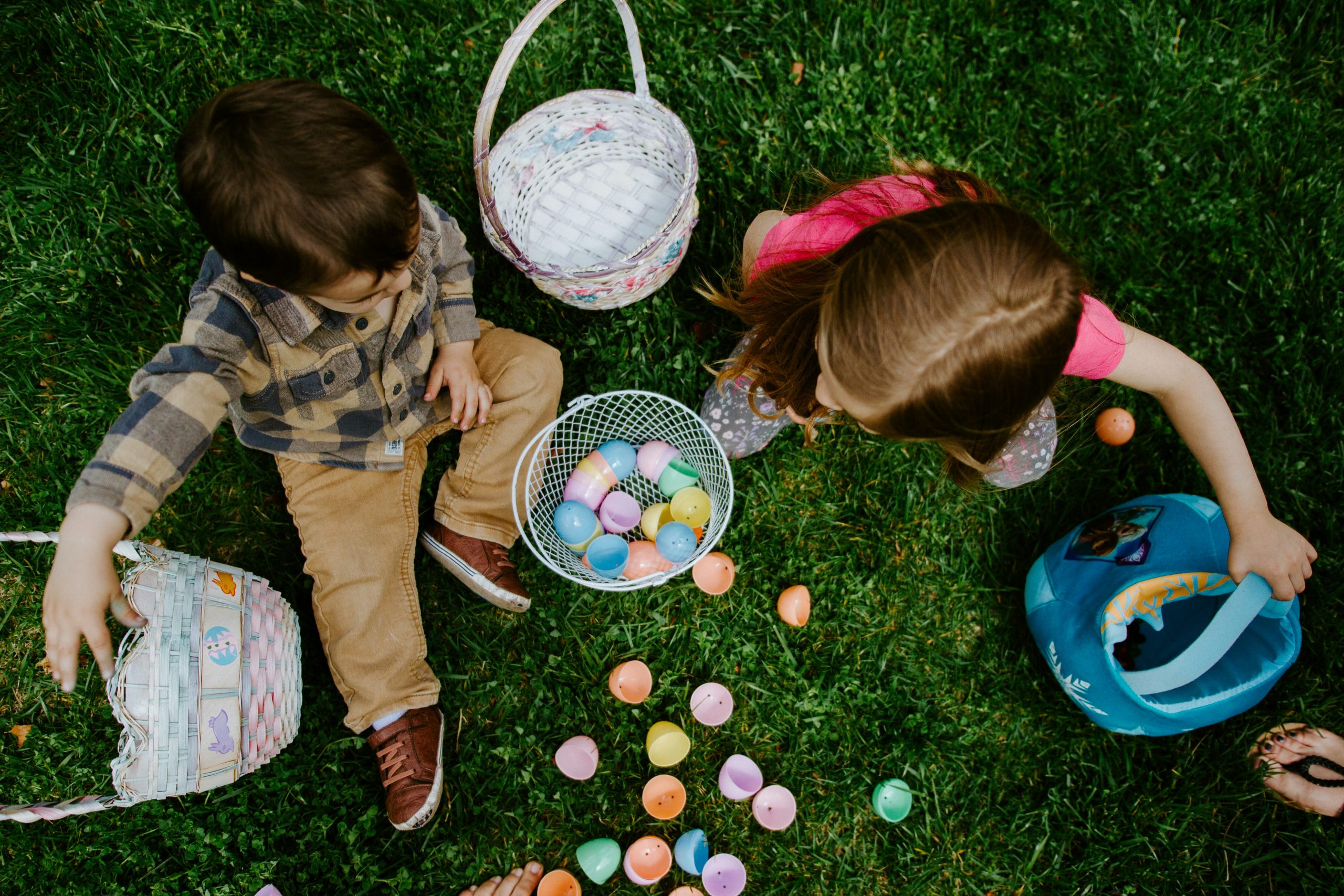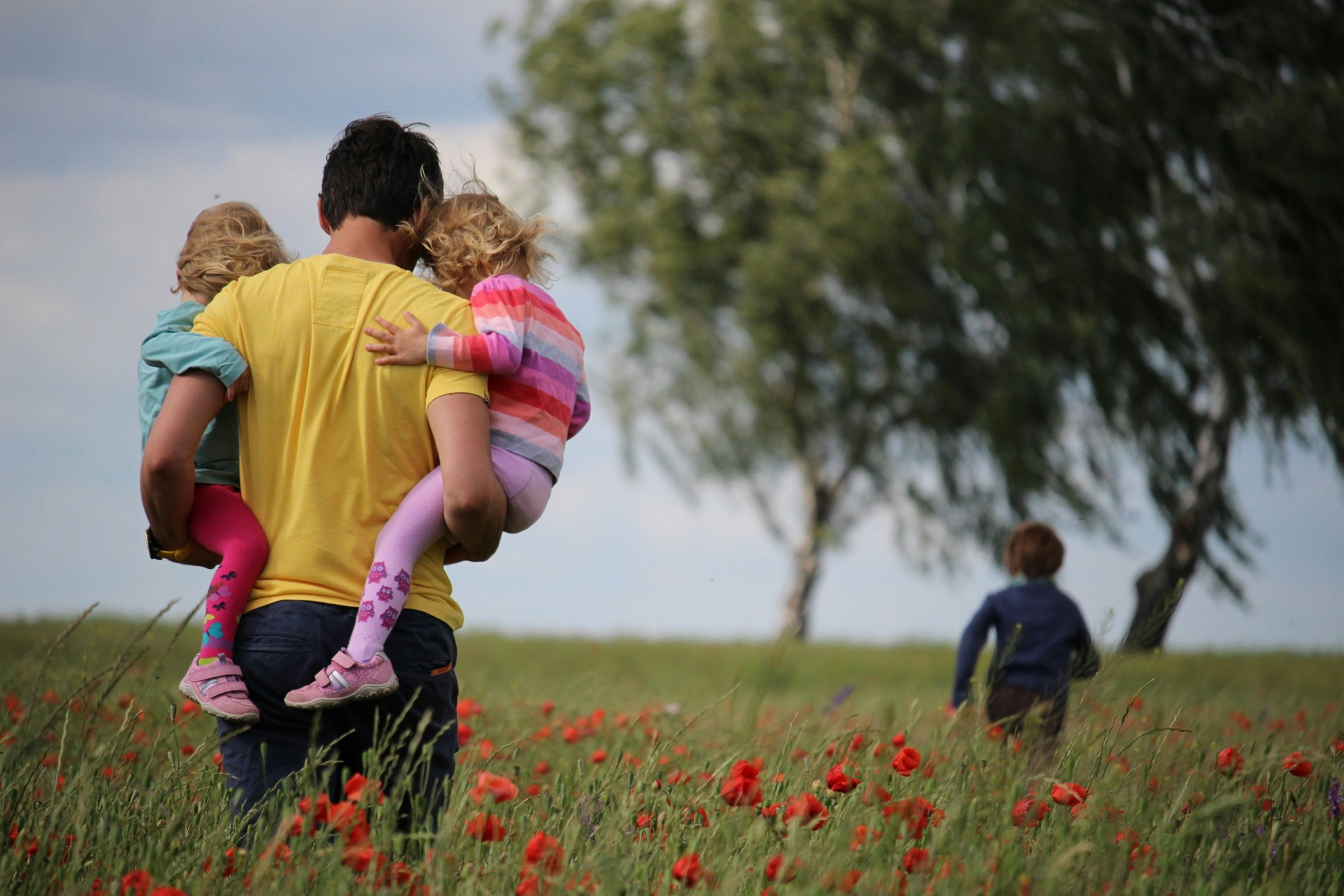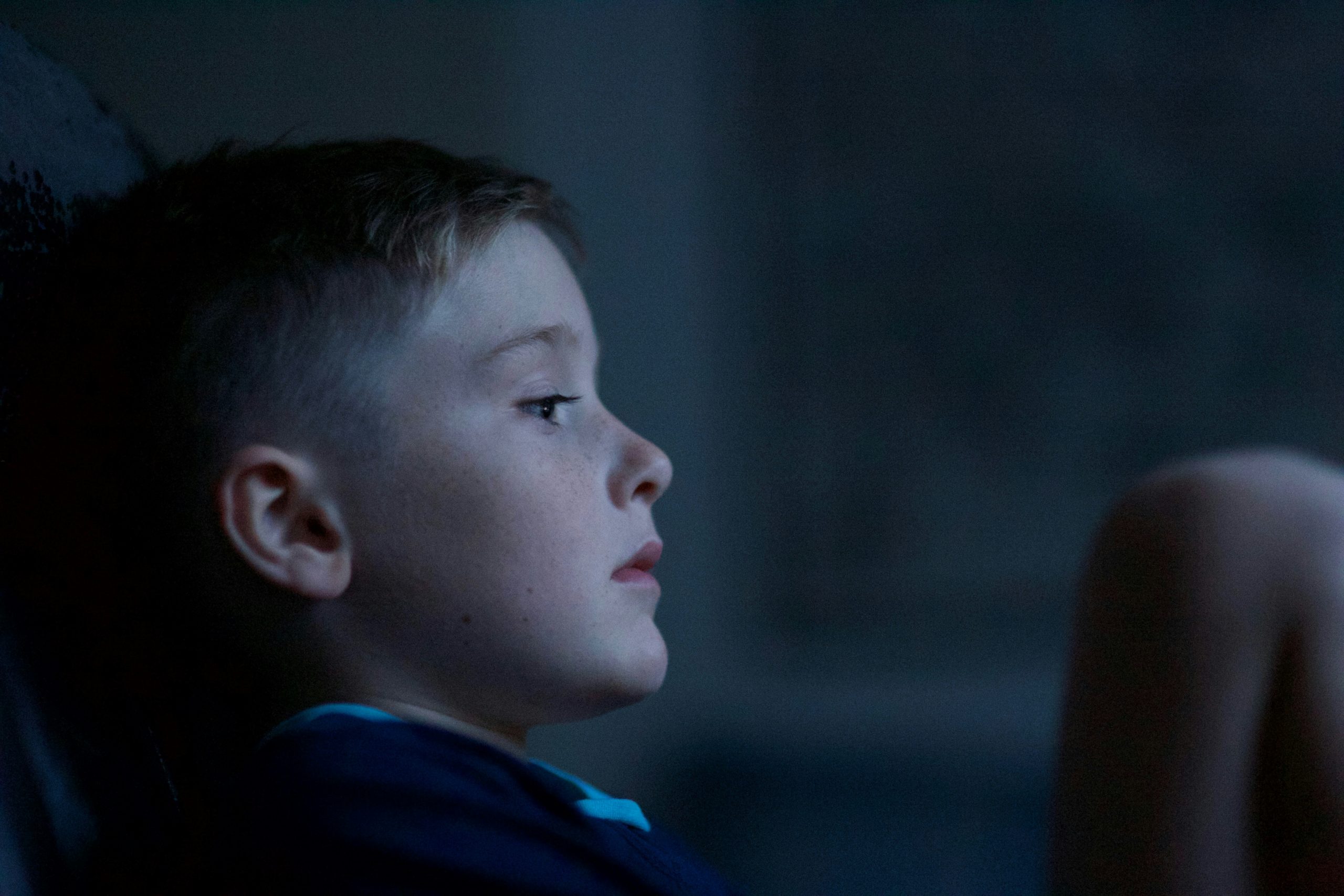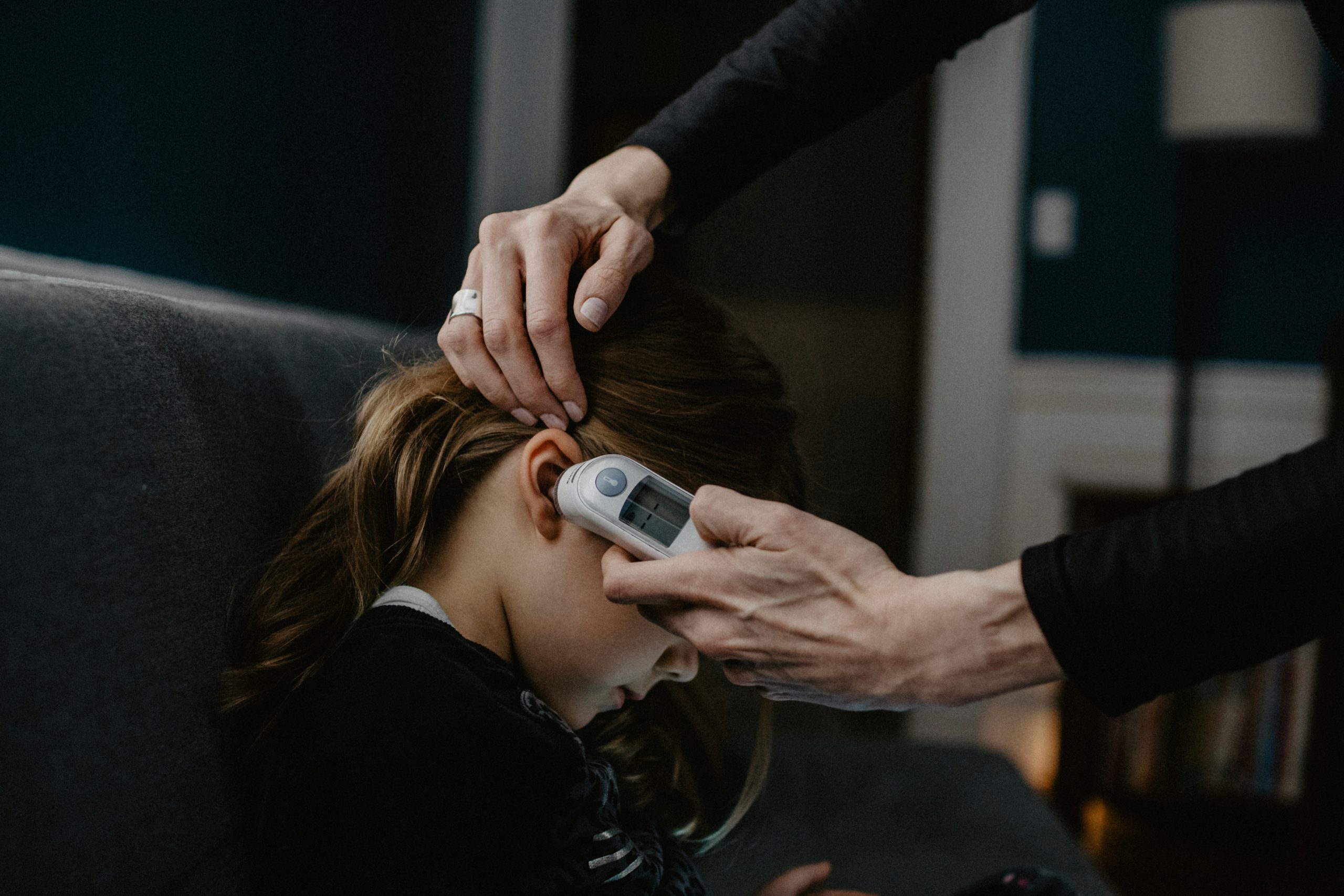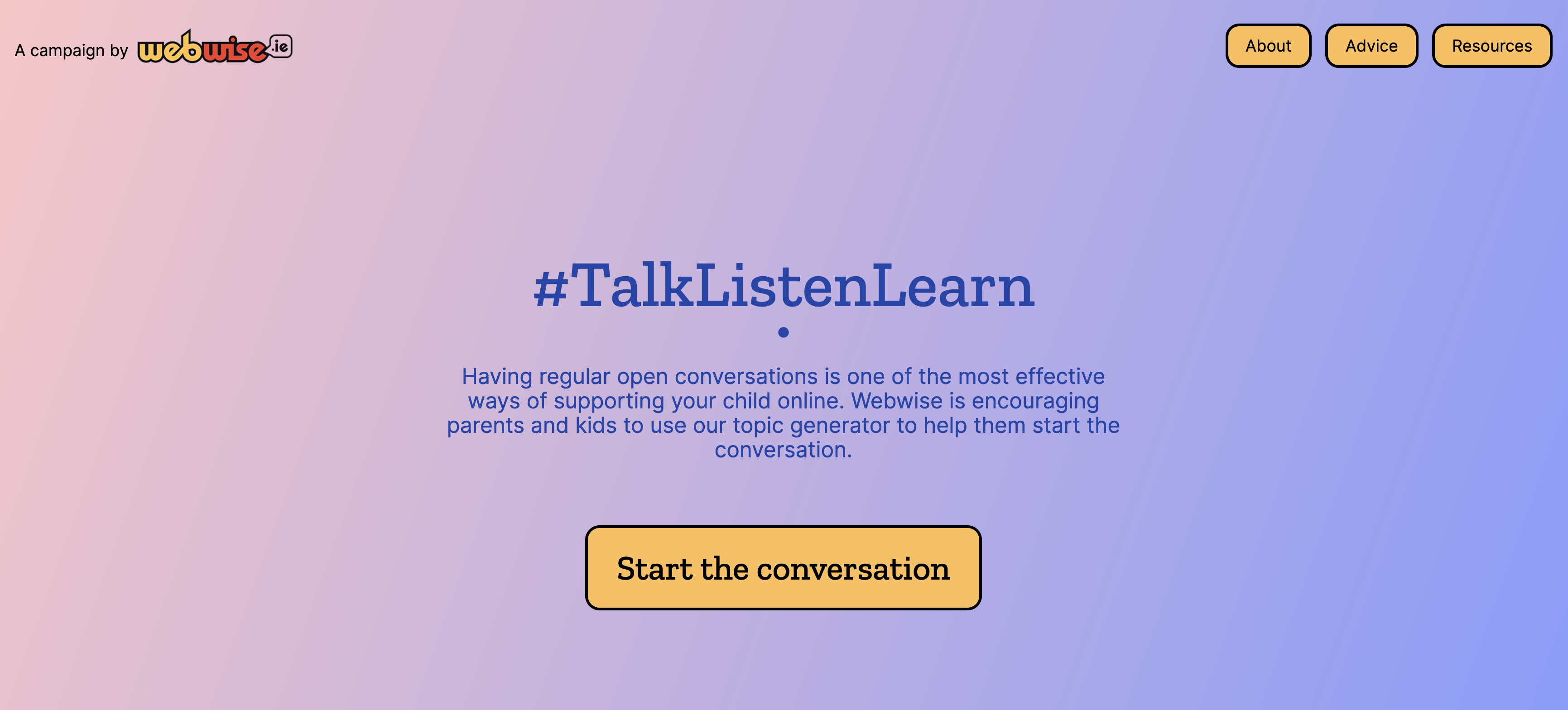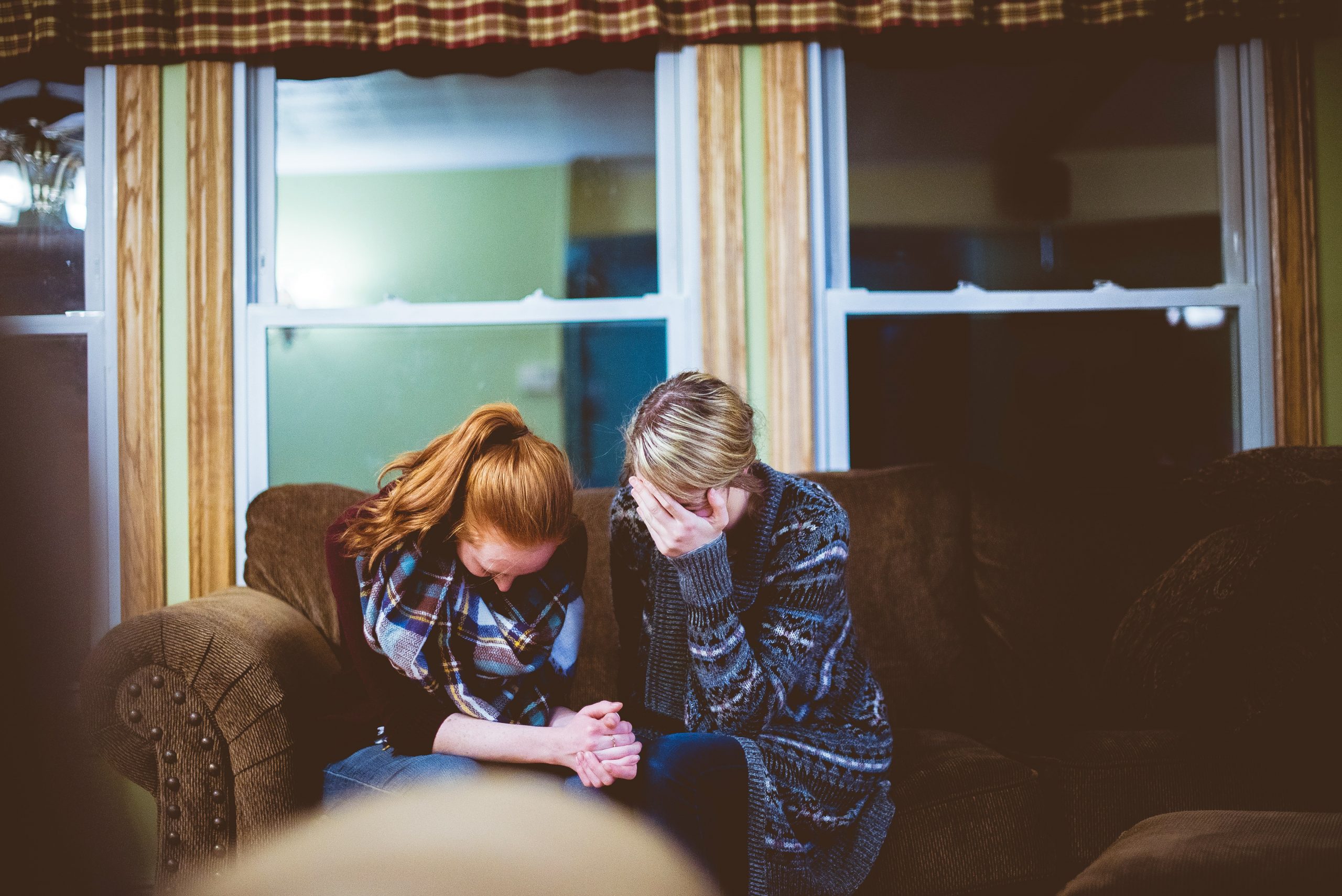The most important job in the world is…
Being a parent! Parenting is in equal parts wonderful and challenging. With the right information and support, all parents can develop their parenting skills to provide happy, safe environments for their children. They can also have fun with their children and really enjoy their time together.
You don’t have to do it alone – because we love parenting!
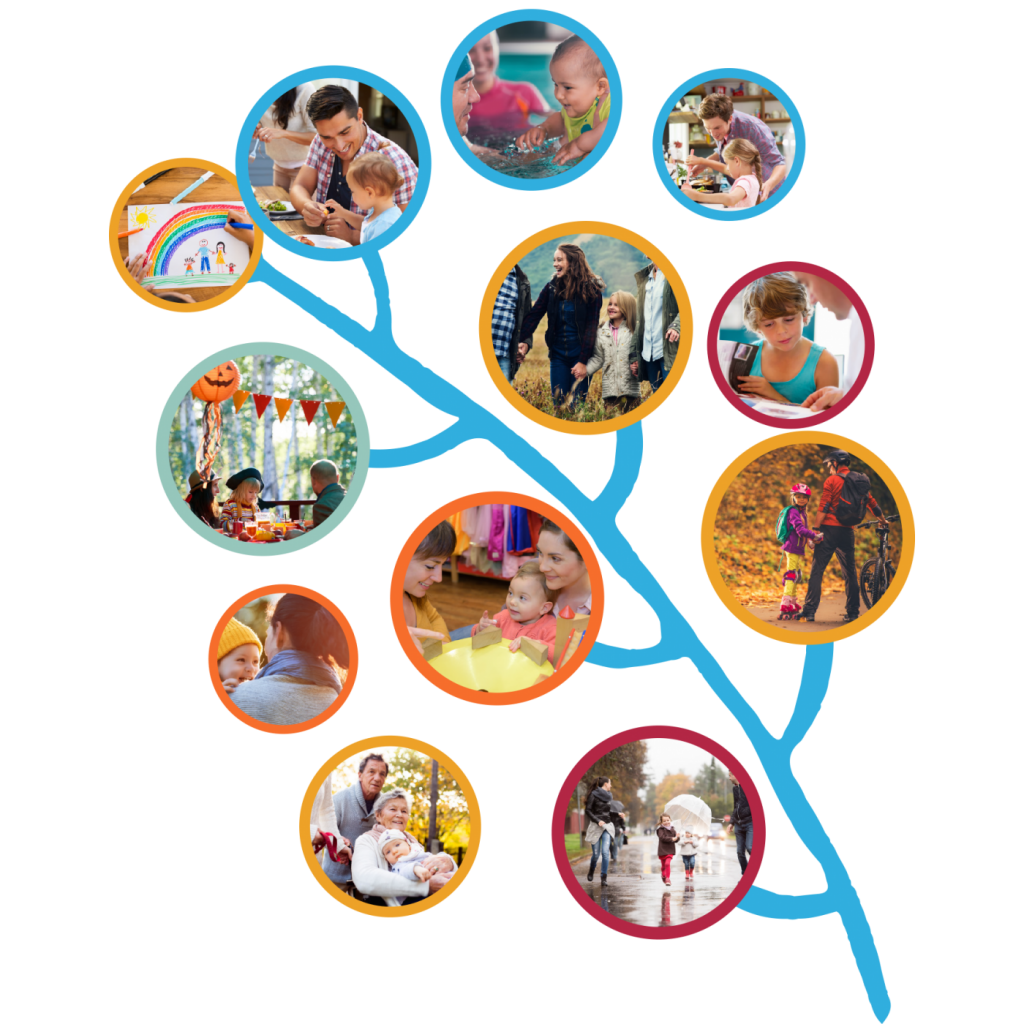
Being a Parent is the Most Important Job in the world
We love to hear from you
Recent Posts
Providing evidence-based information and advice
Supporting Parents
Being a Parent is the Most Important Job in the world
Ages & Stages

What’s Happening?

Local Services

Look for more
|
- - - |
- - - |
- - - |
- - - |
- - - |
- - - |
- - - |
|
DN_T |
DN_T |
DN_T |
DN_T |
DN_T |
DN_T |
DN_T |
|
DN_T |
DN_T |
DN_T |
DN_T |
DN_T |
DN_T |
DN_T |
|
DN_T |
DN_T |
DN_T |
DN_T |
DN_T |
DN_T |
DN_T |
|
DN_T |
DN_T |
DN_T |
DN_T |
DN_T |
DN_T |
DN_T |
|
DN_T |
DN_T |
DN_T |
DN_T |
DN_T |
DN_T |
DN_T |
|
DN_T |
DN_T |
DN_T |
DN_T |
DN_T |
DN_T |
DN_T |
|
|
||||||
|
- - - |
- - - |
- - - |
- - - |
- - - |
- - - |
- - - |
|
DN_T |
DN_T |
DN_T |
DN_T |
DN_T |
DN_T |
DN_T |
|
|
||||||
You have no events for this day
Look for more
You have no events for this month
Look for more
You have no events for this month
You have no events
stec_replace_summary
stec_replace_location
stec_replace_timespan
Create an event
Click to submit your own event
Event Info
Location
Schedule
Guests
Attendance
Forecast
Comments
stec_replace_summary
-
stec_replace_titleOrganizer of stec_replace_eventstec_replace_about
-
0
days
-
0
hours
-
0
minutes
-
0
seconds
Event expired
Event is in progress
Location
stec_replace_location
Get Directions
Could not find route!
Details
No schedule
- stec_replace_social
stec_replace_name
stec_replace_about
You are invited to this event!
-
-
stec_replace_status
stec_replace_name
Weather data is currently not available for this location
Weather Report
Today stec_replace_today_date
stec_replace_current_summary_text
stec_replace_current_temp °stec_replace_current_temp_units
Wind stec_replace_current_wind stec_replace_current_wind_units stec_replace_current_wind_direction
Humidity stec_replace_current_humidity %
Feels like stec_replace_current_feels_like °stec_replace_current_temp_units
Forecast
Date
Weather
Temp
stec_replace_date
stec_replace_icon_divstec_replace_min / stec_replace_max °stec_replace_temp_units
Next 24 Hours
Powered by Forecast.io





